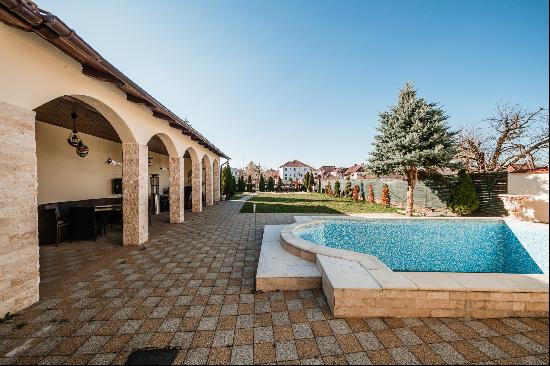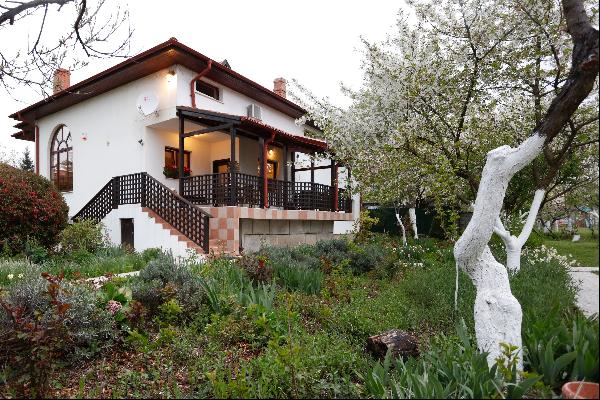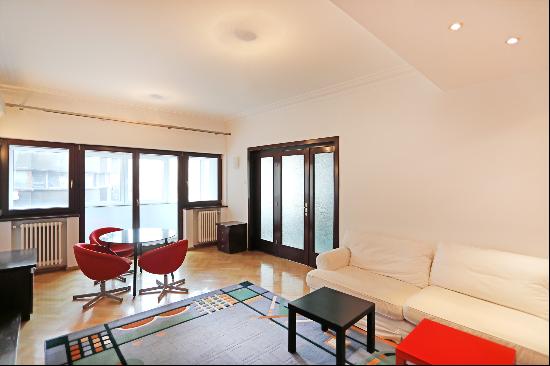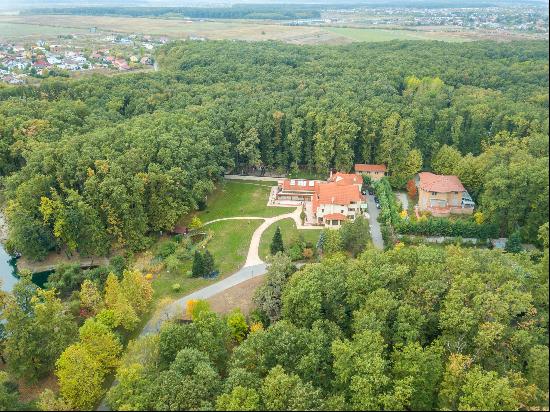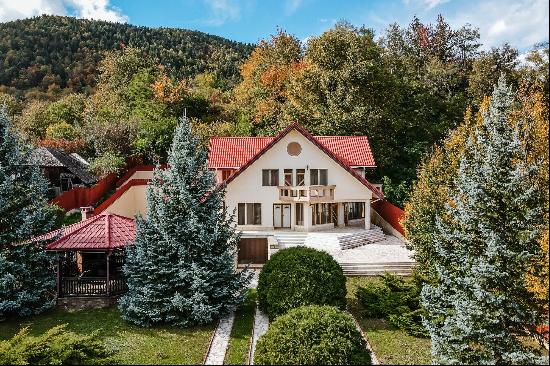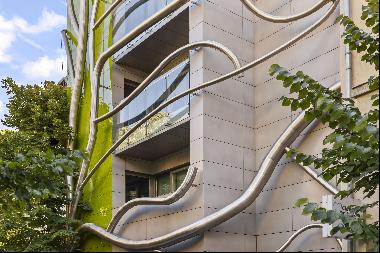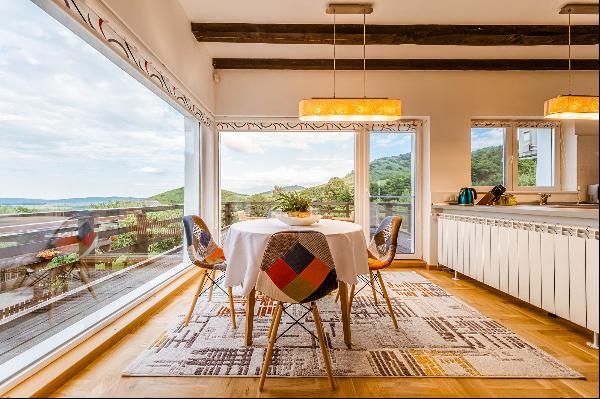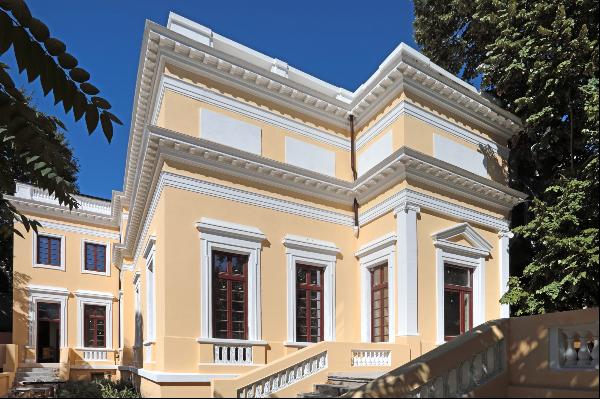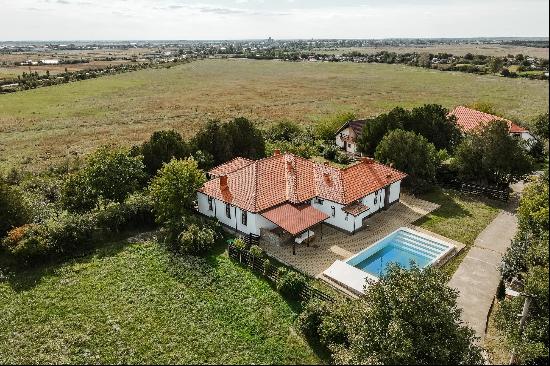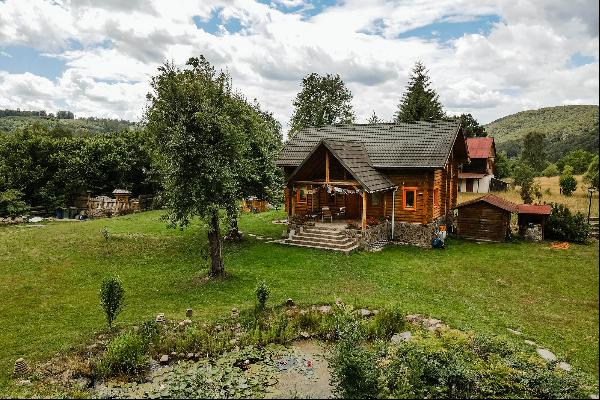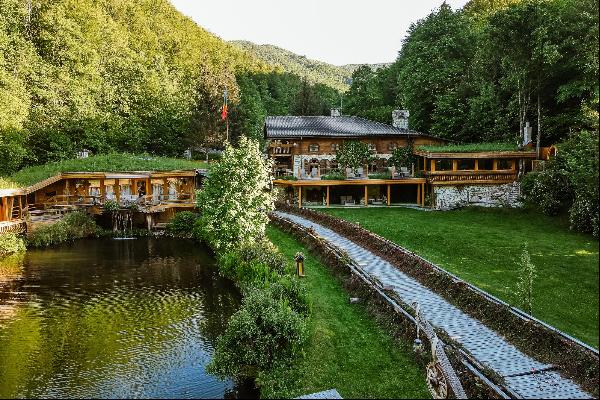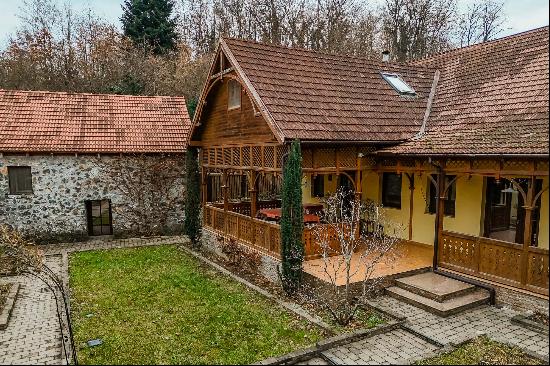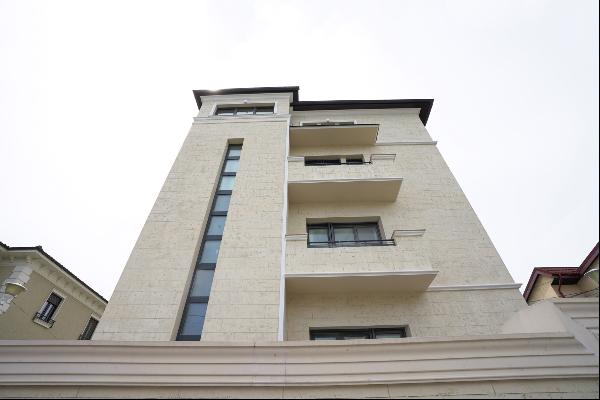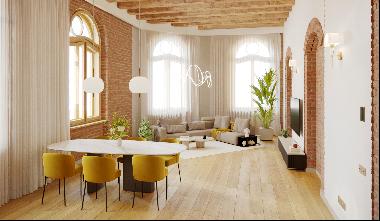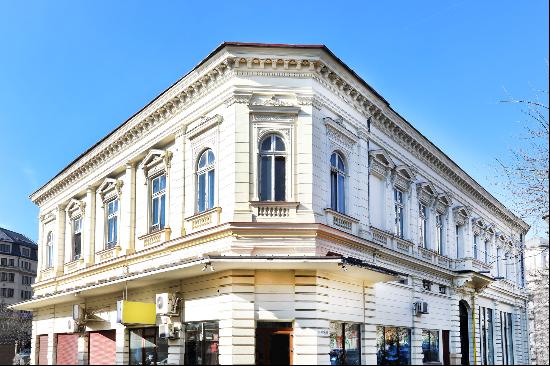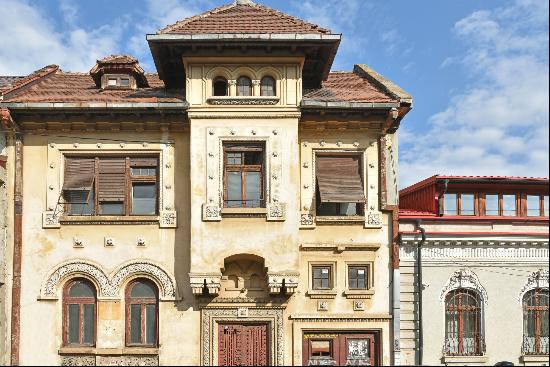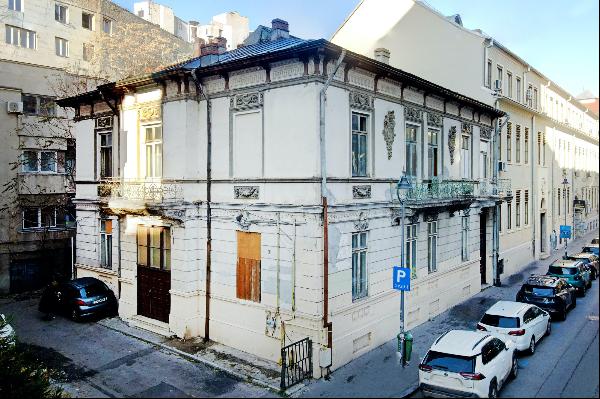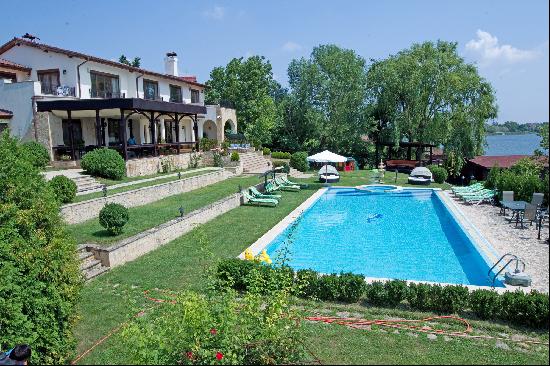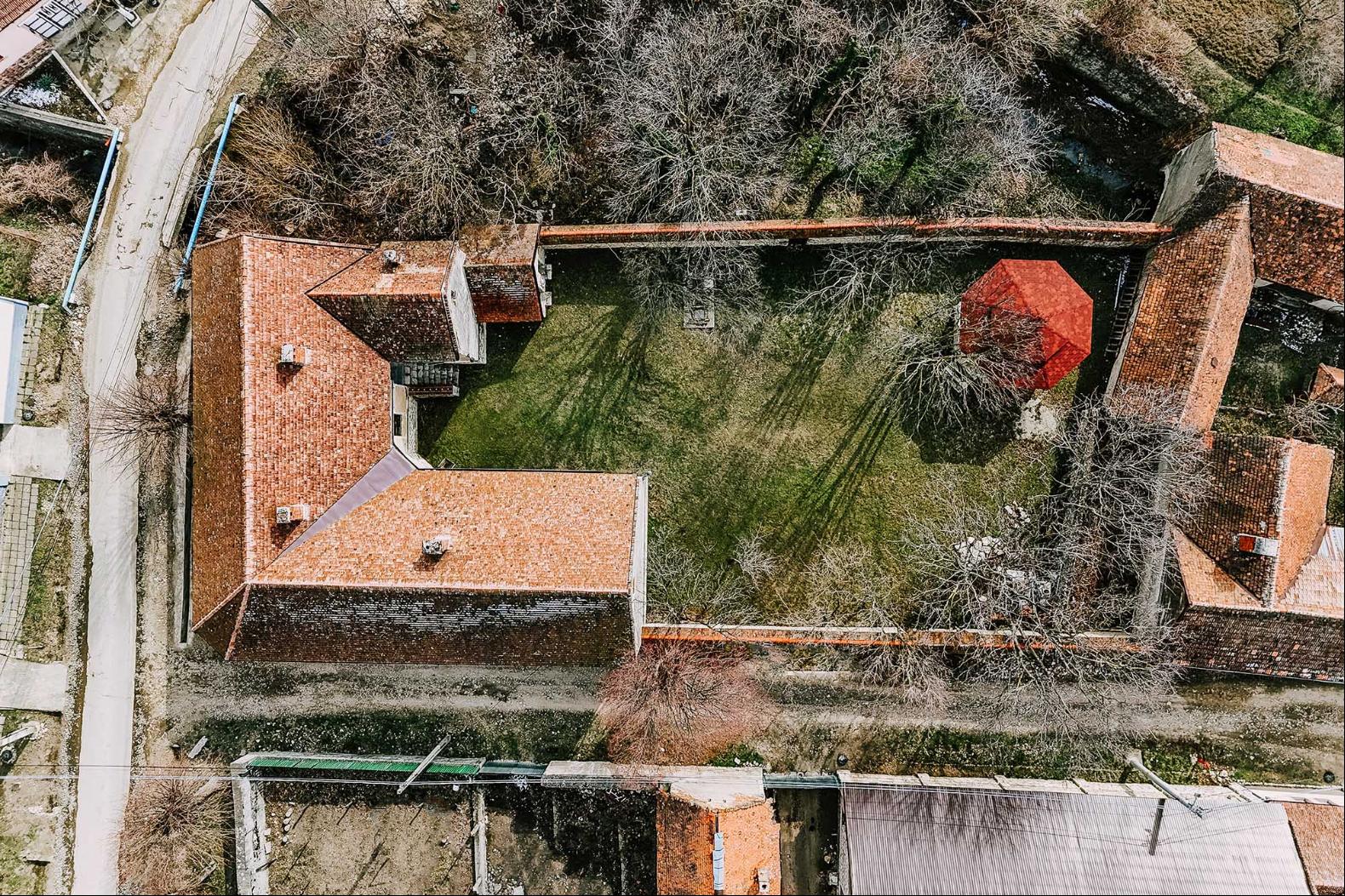
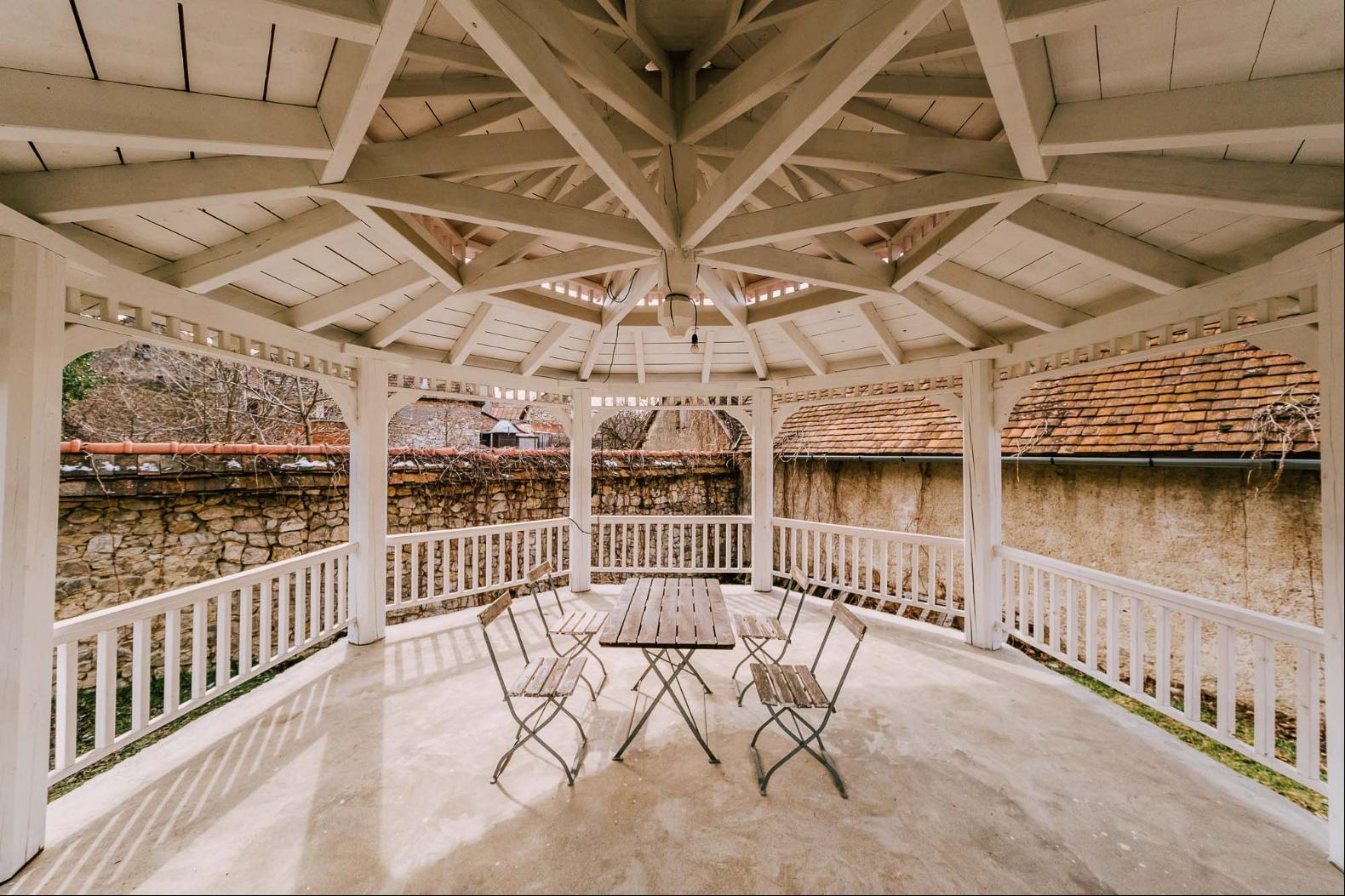
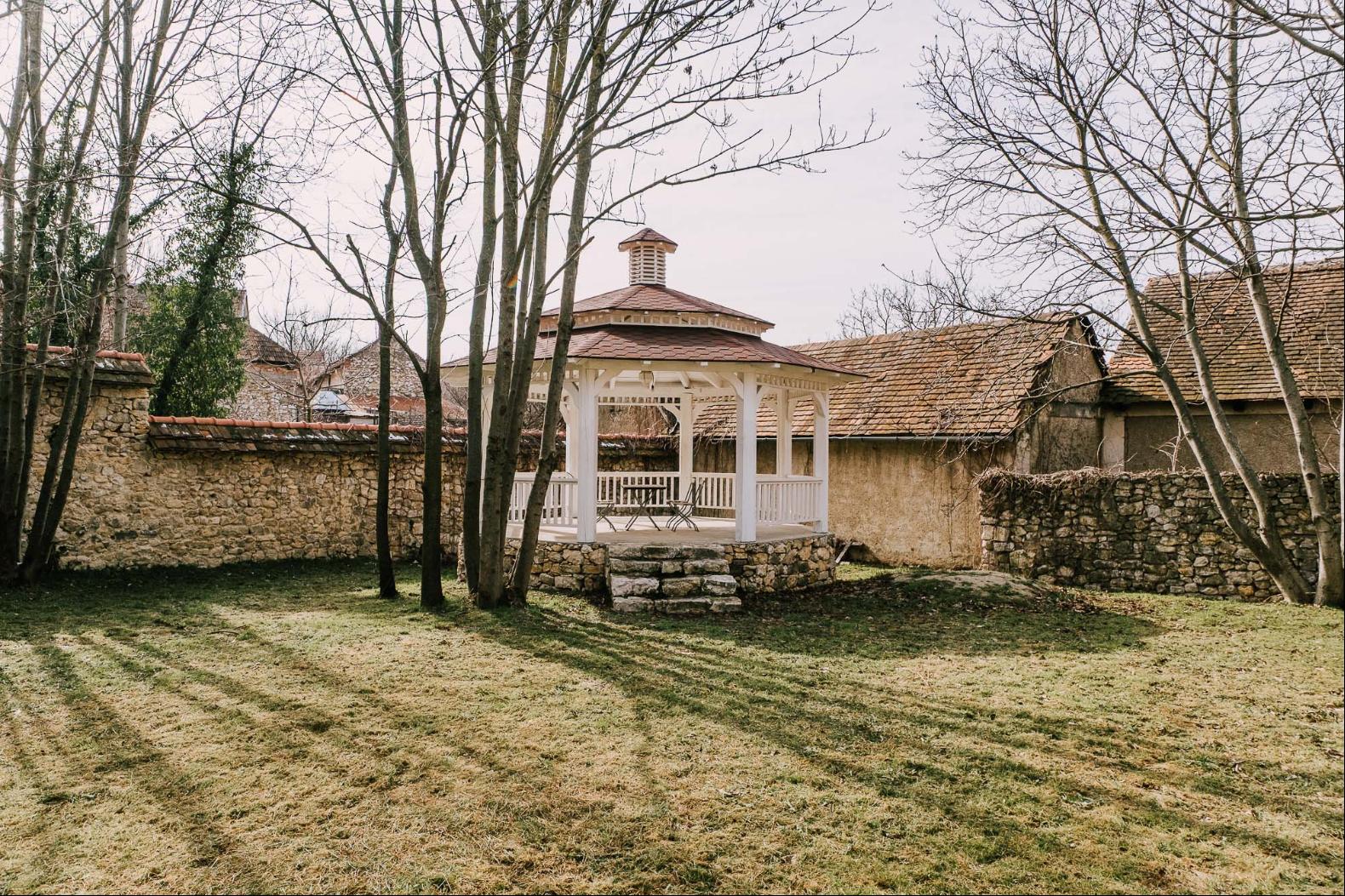
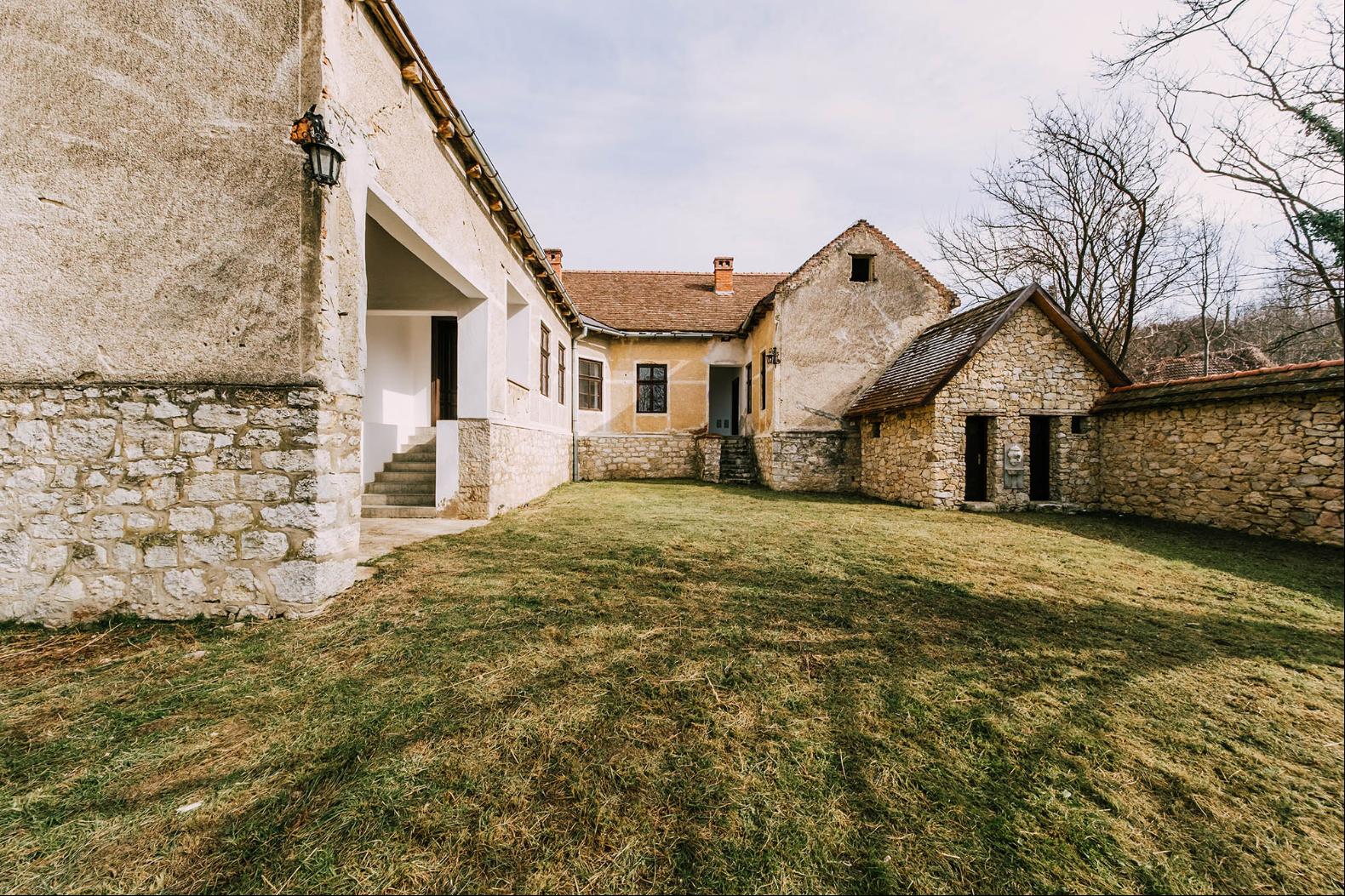
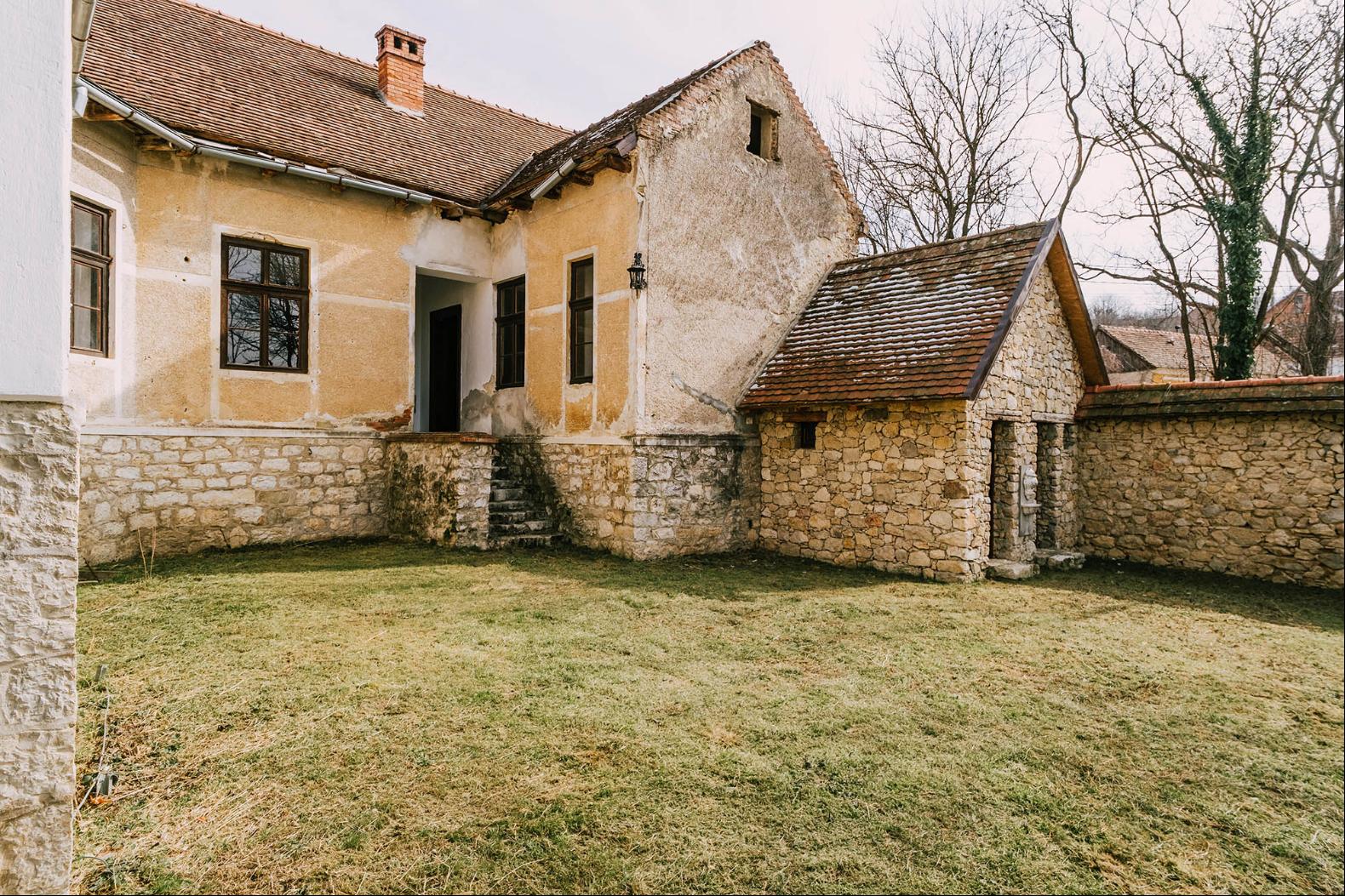
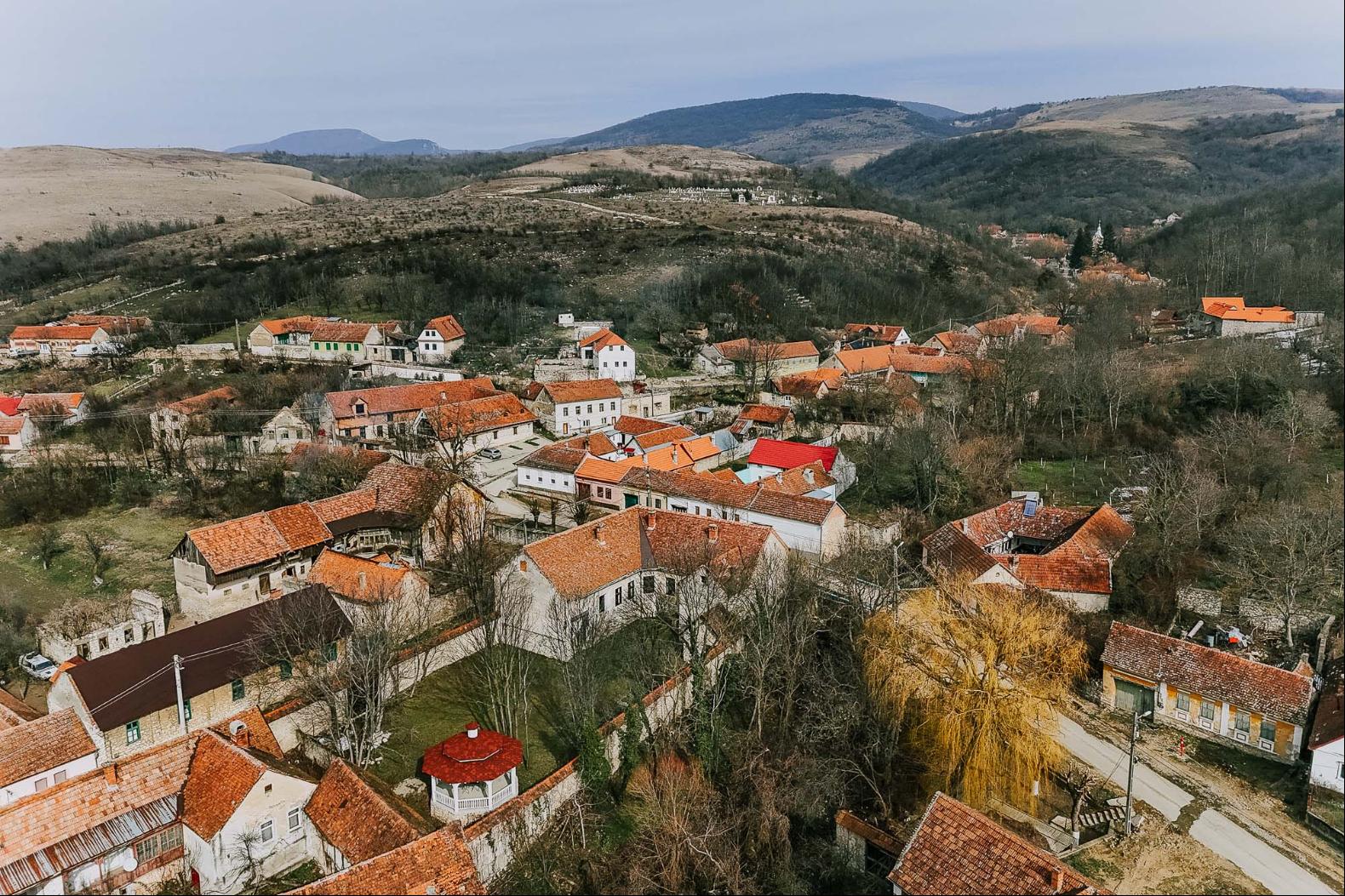
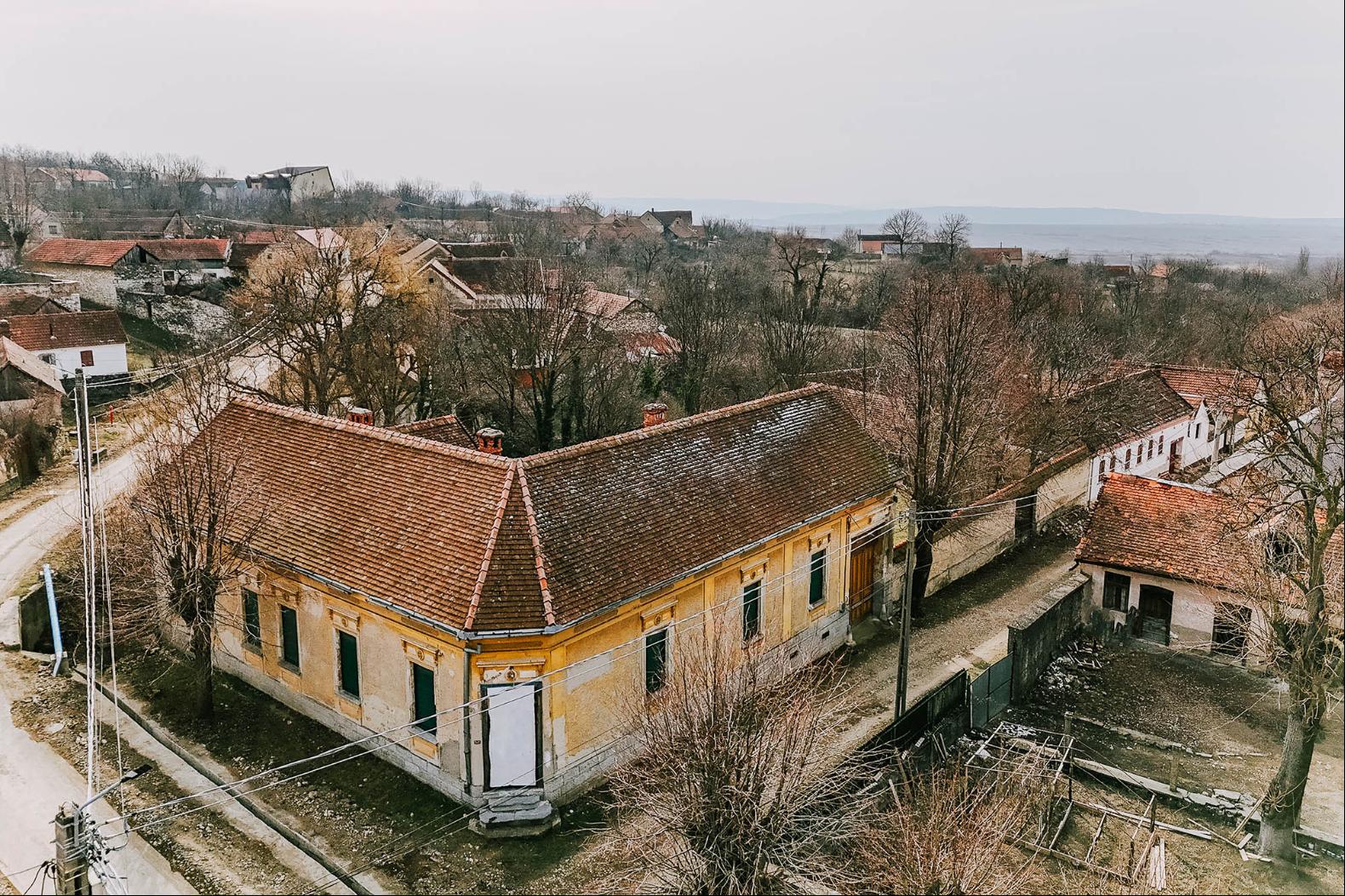
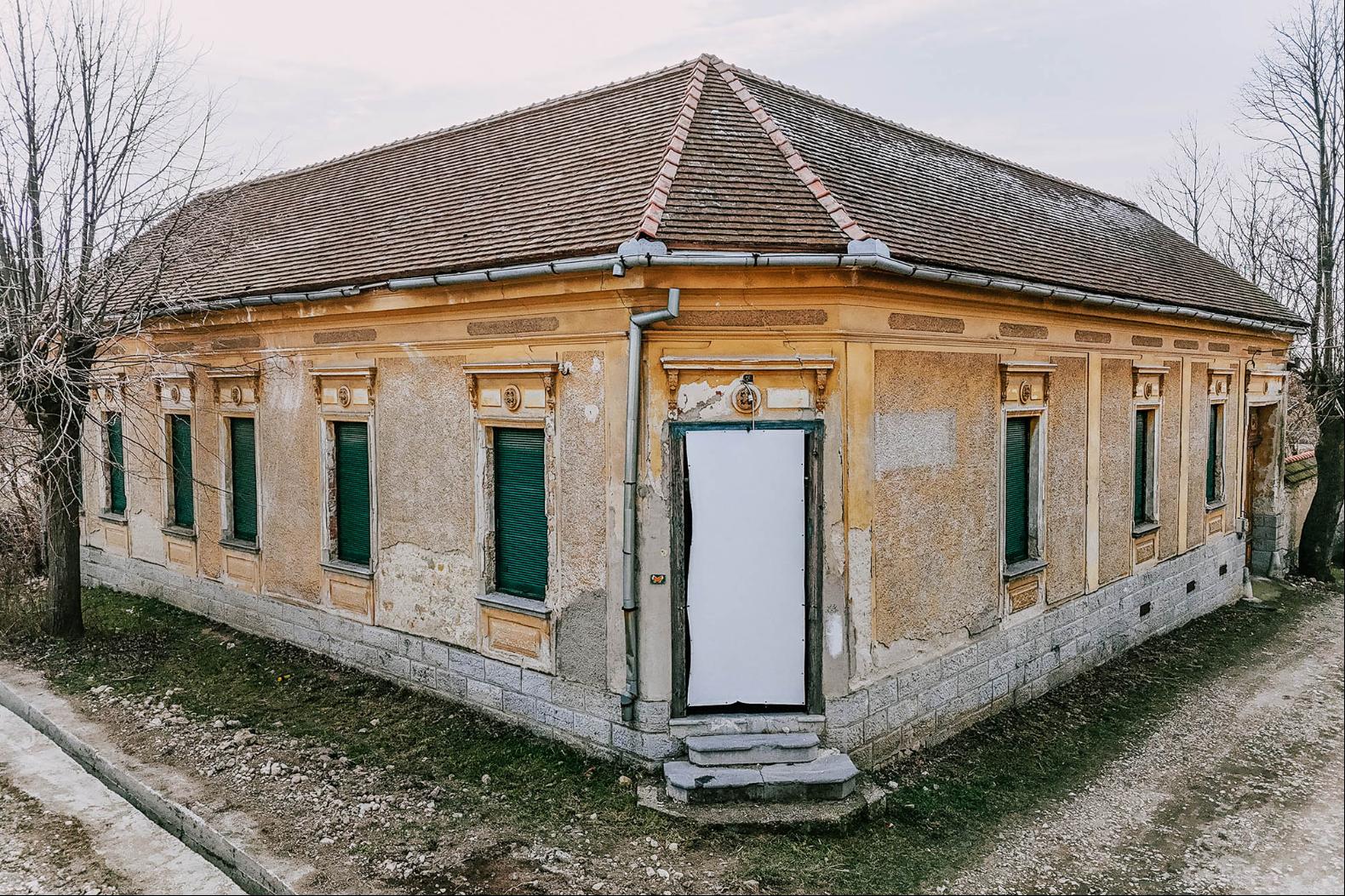
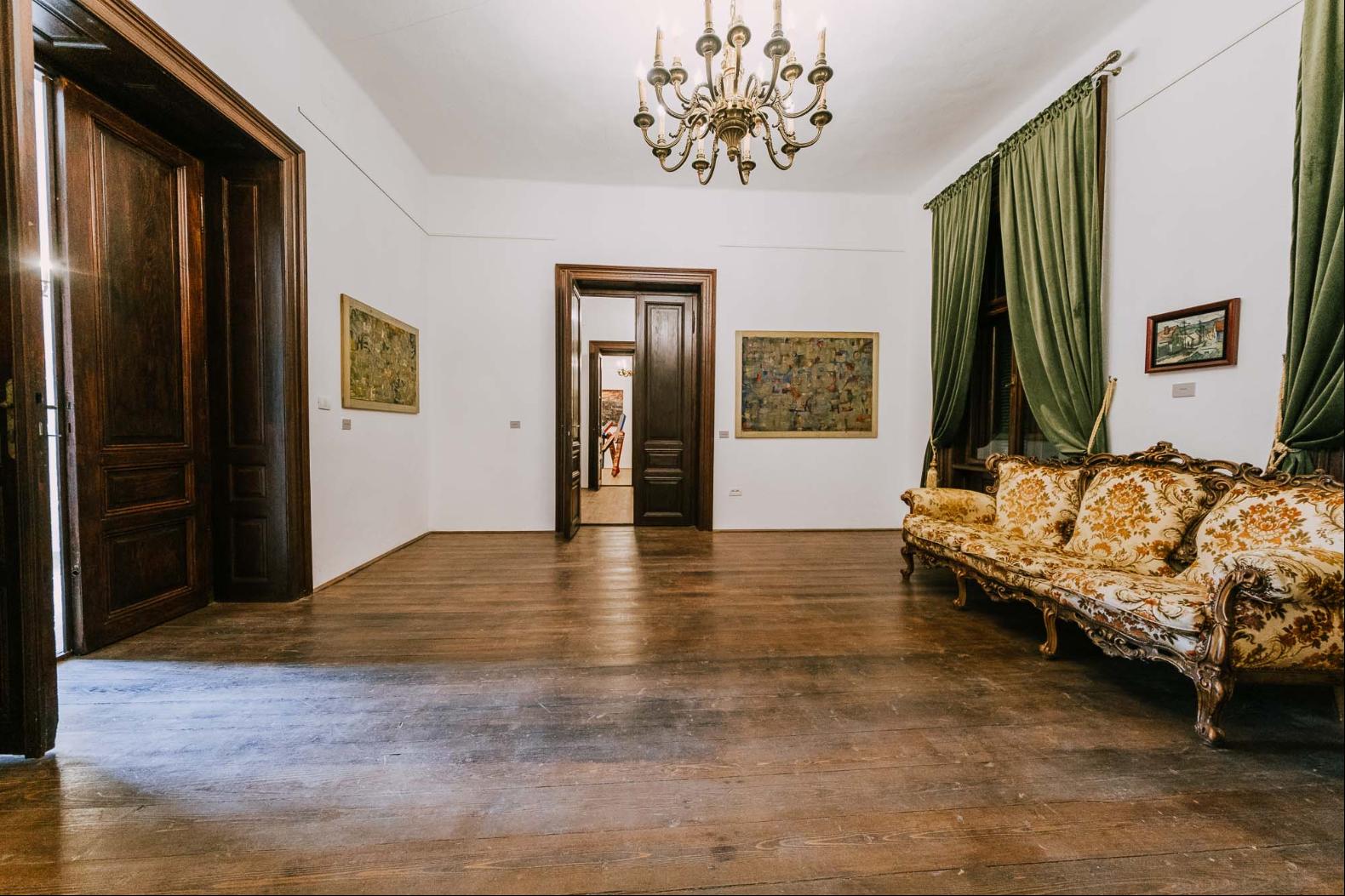
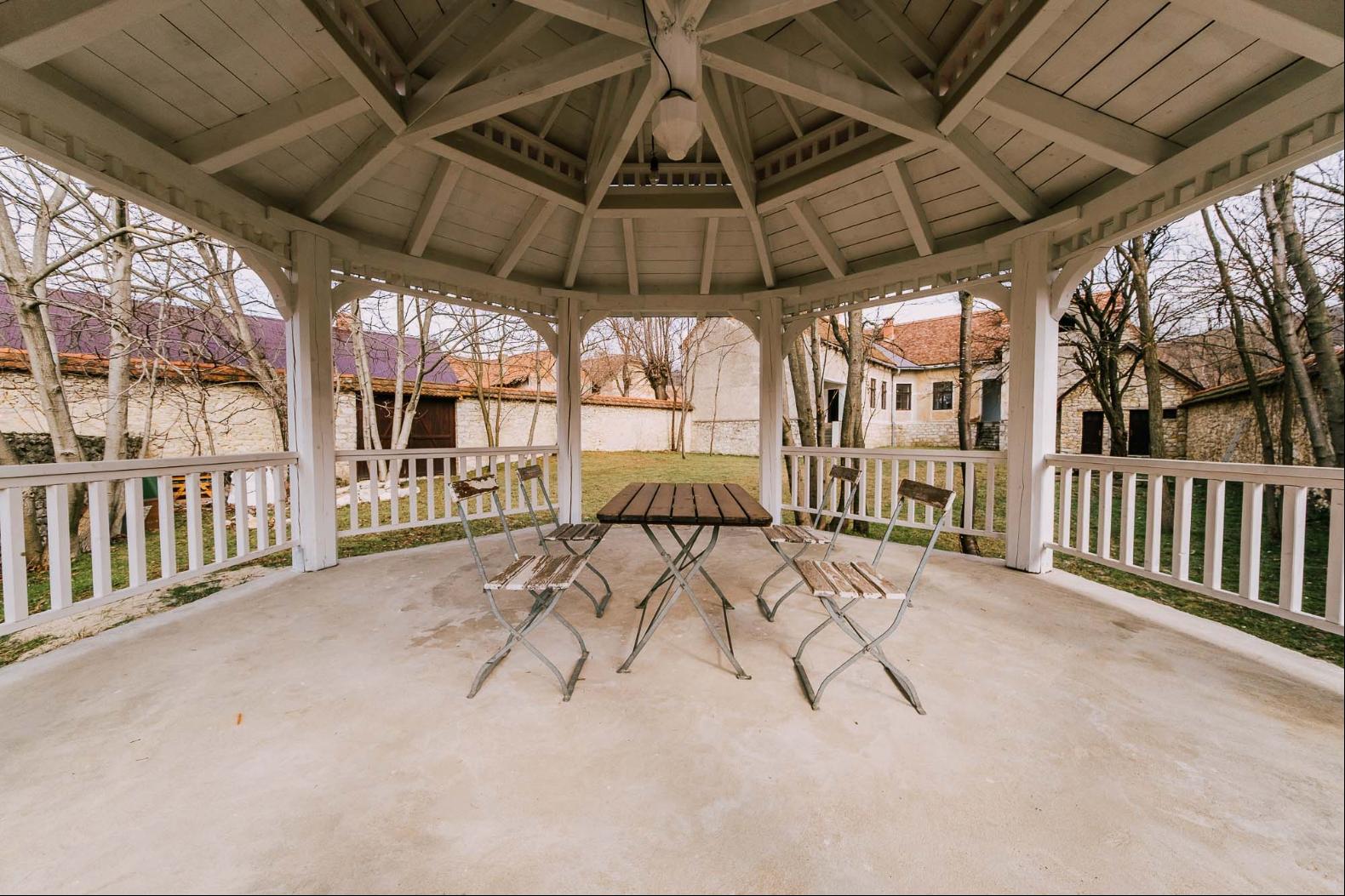
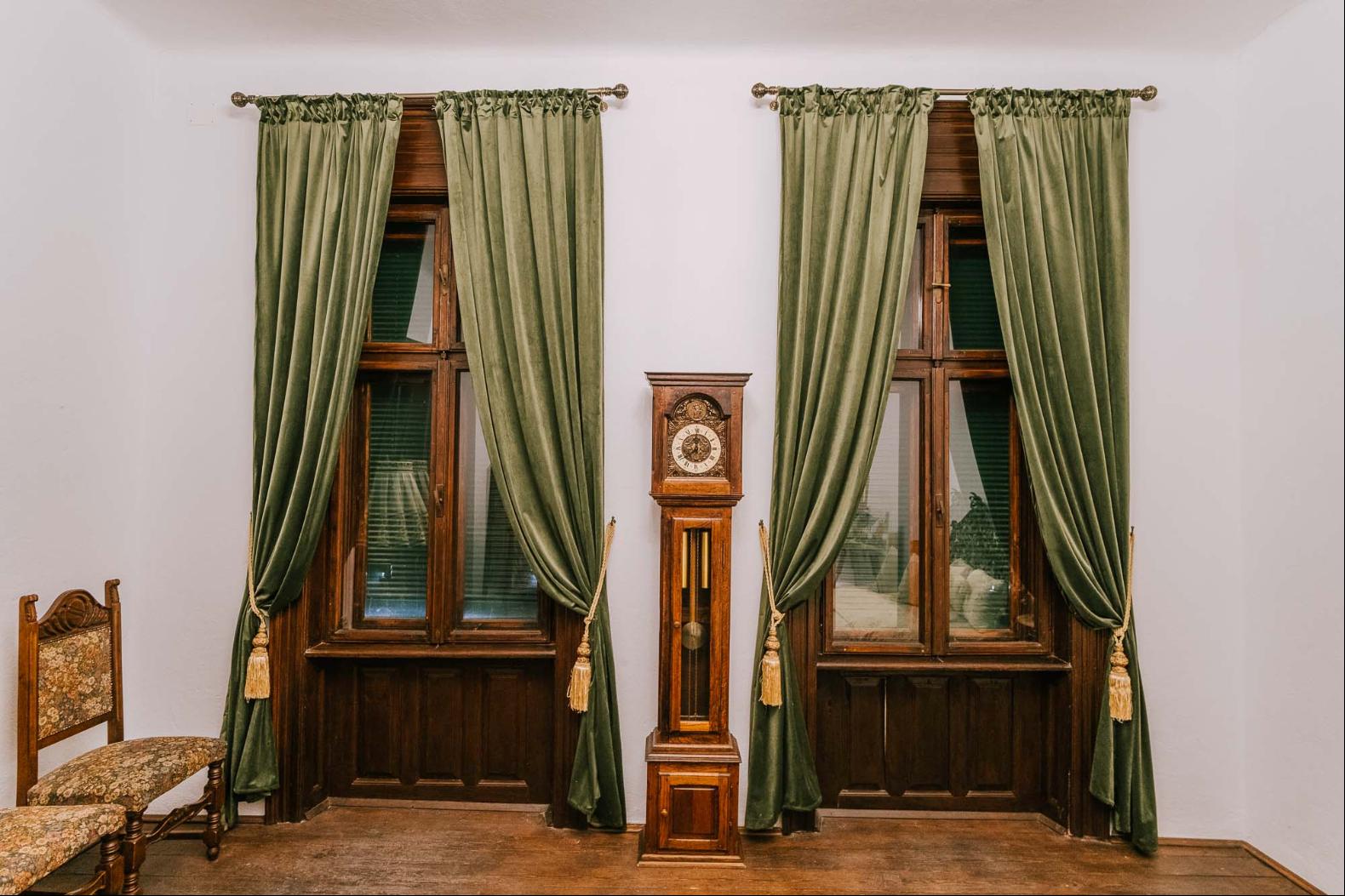
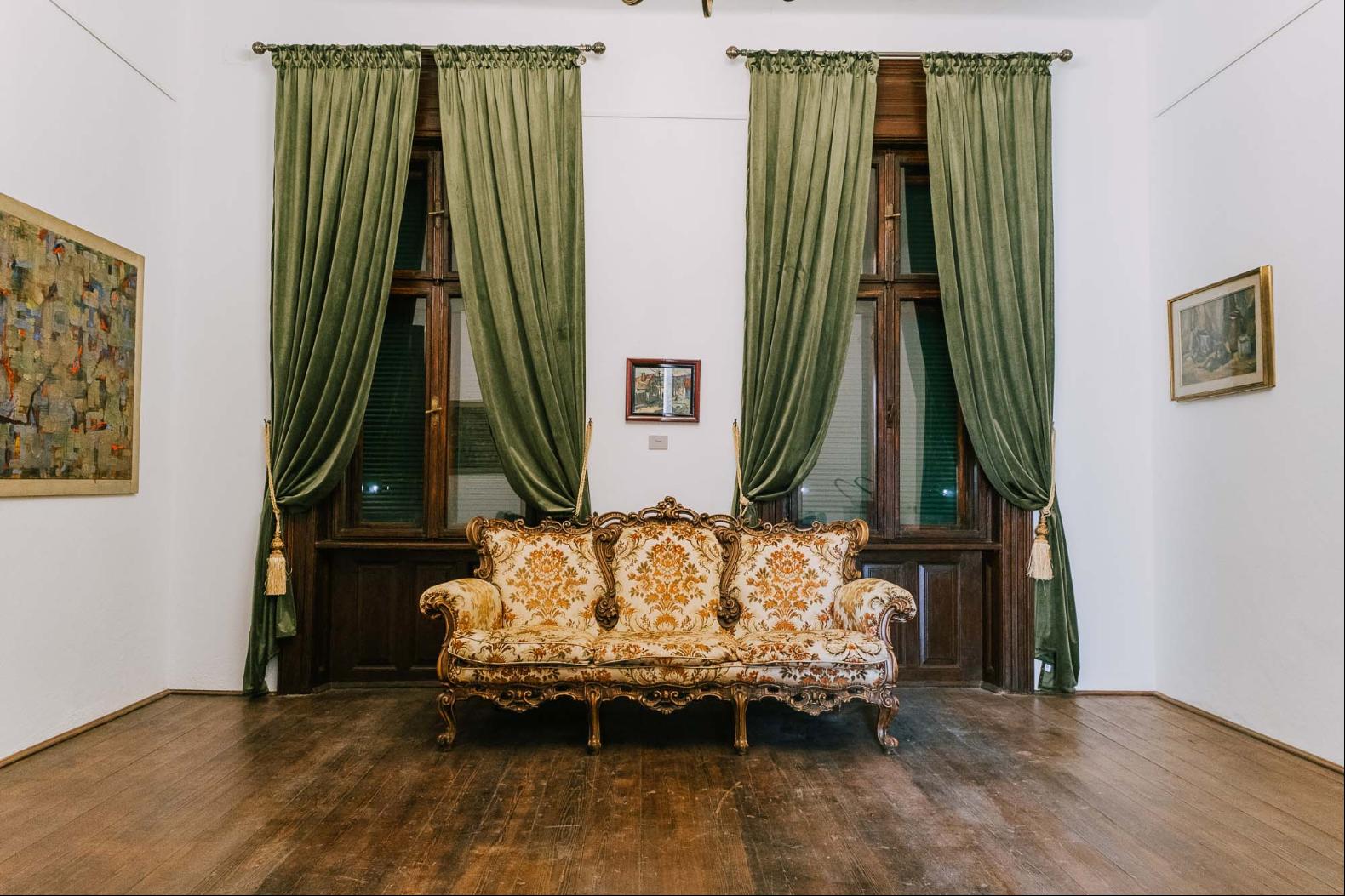
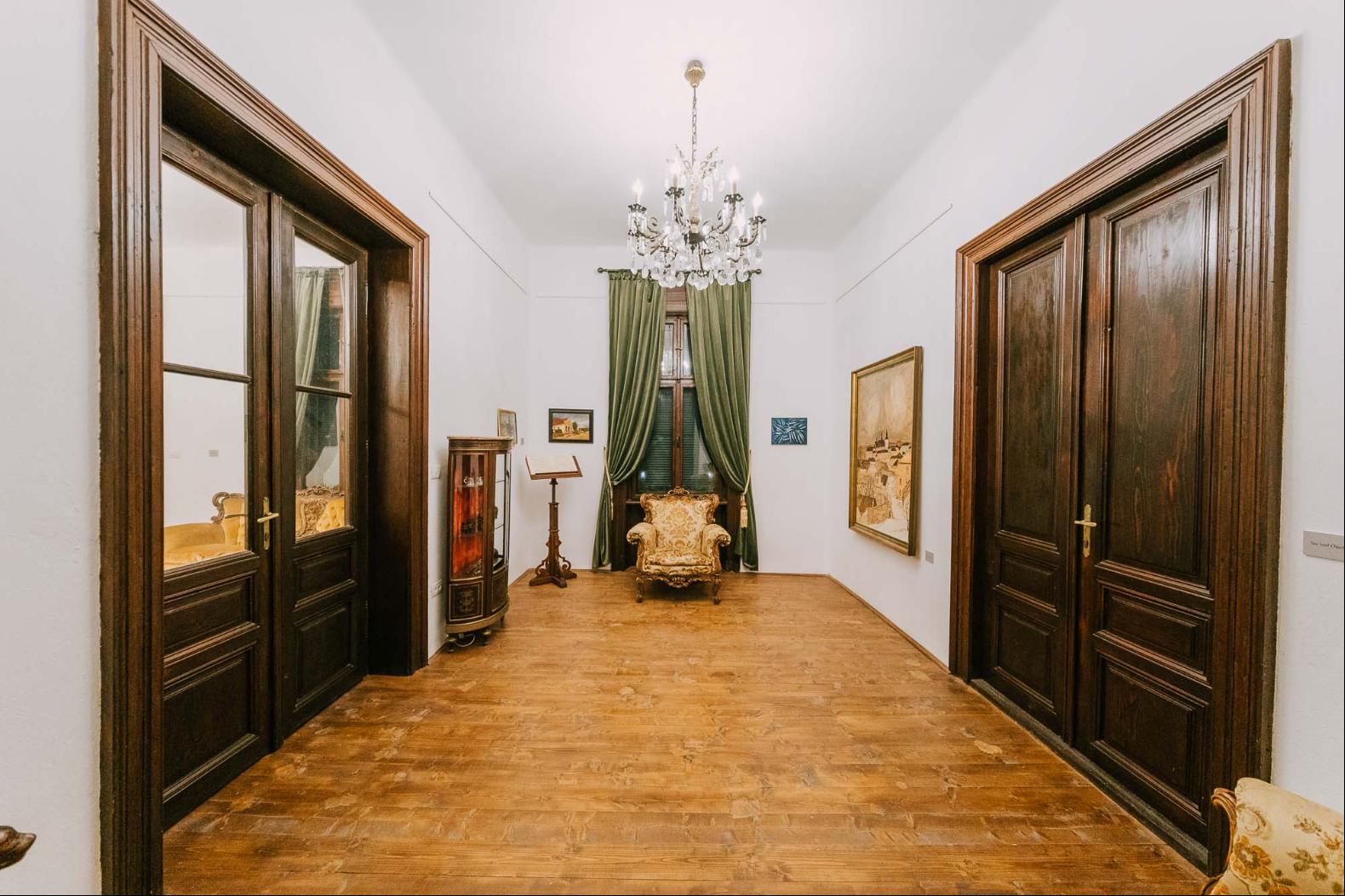
- For Sale
- EUR 295,000
- Build Size: 3,487 ft2
- Land Size: 10,645 ft2
- Property Type: Single Family Home
- Property Style: Historical
- Bedroom: 5
- Bathroom: 3
Less than 2 hours from Timișoara, in the heart of the Banat Mountains — one of Romania's most beautiful and least discovered tourist regions — we have the chance to admire one of the stunning houses typical of this village. It’s a house that beautifully combines the charm of the place, authenticity, history, and the passion of the people who restored it.
We are in Socolari, a village located on the Valea Râtului Mare, at the border between the Caraș Plain and the Oravița Hills, at approximately 250 meters altitude. The village has a unique story, being documented in a writing dating back to 1363. However, archaeological discoveries have revealed coins from the Dacian period, early medieval ceramics, and traces of a settlement from the 8th-10th centuries around the village.
With its supernaturally painted landscapes and fairytale houses seemingly frozen in time, Socolari has recently come back to life, becoming a true cultural hub for artists and beauty lovers from all over the world. From Iosif Tași, who paved the way in the late '90s, to Gheorghe Fikl, one of the most renowned Romanian painters who found peace and inspiration here, a whole array of painters, sculptors, writers, actors, and musicians have brought life back to Socolari — transforming it, through events, concerts, exhibitions, and vernissages — into one of Romania's most beautiful cultural stages today.
The area is remarkably beautiful, and from Socolari, tourists can embark on hikes to the ruins of Ilidia Fortress or to the most stunning spots in the Nera-Beușnița National Park: Ochiul Beiului Lake, the Beușnița Waterfalls, Valea Beiului, and the Nera Gorges.
The house itself is typical of the area, built from stone but renovated inside and furnished by the current owners in a classic style to preserve the building's character and highlight its charm. With a ground footprint of 324 square meters and a similar total area, the house is built from stone and brick — materials specific to the region. The property sits on a 989 square meter plot, surrounded by a stone fence straight out of an old tale. The courtyard hides a wooden gazebo, perfect for summer evenings with friends.
The interior is tastefully furnished and decorated, with classic furniture pieces brought from Italy to complete the house's aesthetic and give it the warmth and nobility a home like this deserves. While the interior is fully renovated and functional, the house's façade still bears the marks of time and requires some restoration. The exterior is visually and aesthetically impressive, especially with the metal shutters manufactured in the former Austro-Hungarian Empire.
The property is truly spectacular, both for its impressive stone architecture and its prime location in the heart of the village, offering various possibilities for use.
We are in Socolari, a village located on the Valea Râtului Mare, at the border between the Caraș Plain and the Oravița Hills, at approximately 250 meters altitude. The village has a unique story, being documented in a writing dating back to 1363. However, archaeological discoveries have revealed coins from the Dacian period, early medieval ceramics, and traces of a settlement from the 8th-10th centuries around the village.
With its supernaturally painted landscapes and fairytale houses seemingly frozen in time, Socolari has recently come back to life, becoming a true cultural hub for artists and beauty lovers from all over the world. From Iosif Tași, who paved the way in the late '90s, to Gheorghe Fikl, one of the most renowned Romanian painters who found peace and inspiration here, a whole array of painters, sculptors, writers, actors, and musicians have brought life back to Socolari — transforming it, through events, concerts, exhibitions, and vernissages — into one of Romania's most beautiful cultural stages today.
The area is remarkably beautiful, and from Socolari, tourists can embark on hikes to the ruins of Ilidia Fortress or to the most stunning spots in the Nera-Beușnița National Park: Ochiul Beiului Lake, the Beușnița Waterfalls, Valea Beiului, and the Nera Gorges.
The house itself is typical of the area, built from stone but renovated inside and furnished by the current owners in a classic style to preserve the building's character and highlight its charm. With a ground footprint of 324 square meters and a similar total area, the house is built from stone and brick — materials specific to the region. The property sits on a 989 square meter plot, surrounded by a stone fence straight out of an old tale. The courtyard hides a wooden gazebo, perfect for summer evenings with friends.
The interior is tastefully furnished and decorated, with classic furniture pieces brought from Italy to complete the house's aesthetic and give it the warmth and nobility a home like this deserves. While the interior is fully renovated and functional, the house's façade still bears the marks of time and requires some restoration. The exterior is visually and aesthetically impressive, especially with the metal shutters manufactured in the former Austro-Hungarian Empire.
The property is truly spectacular, both for its impressive stone architecture and its prime location in the heart of the village, offering various possibilities for use.


